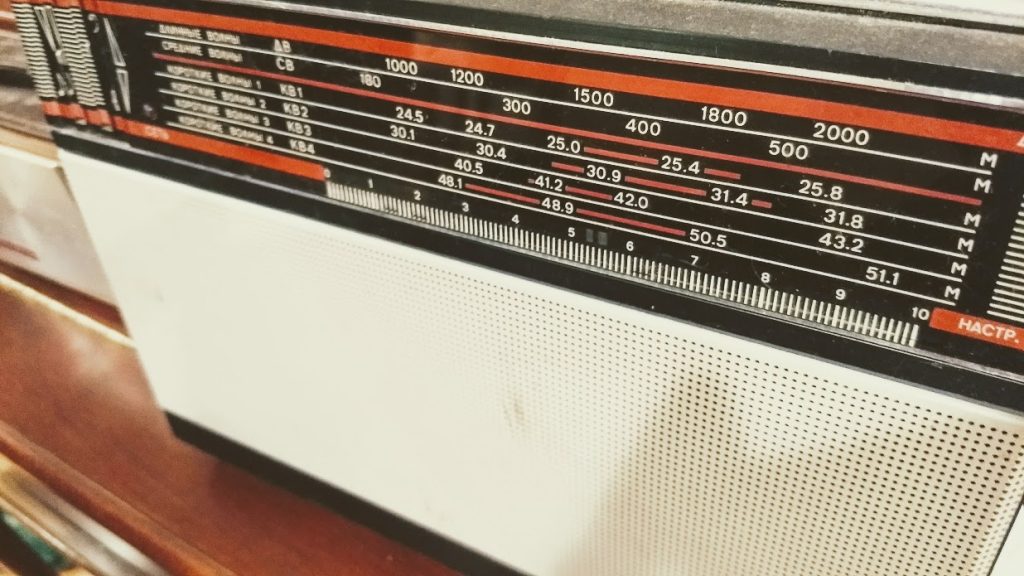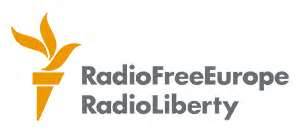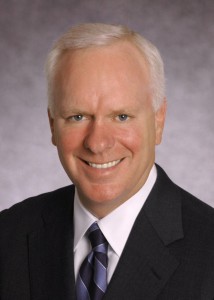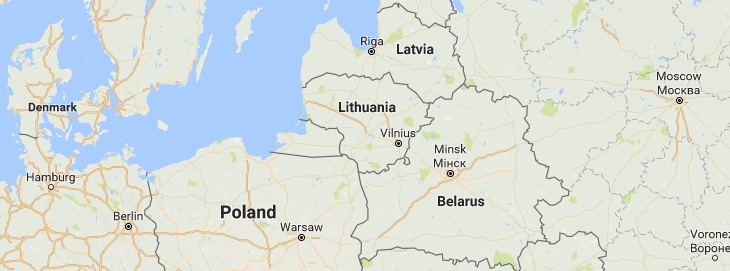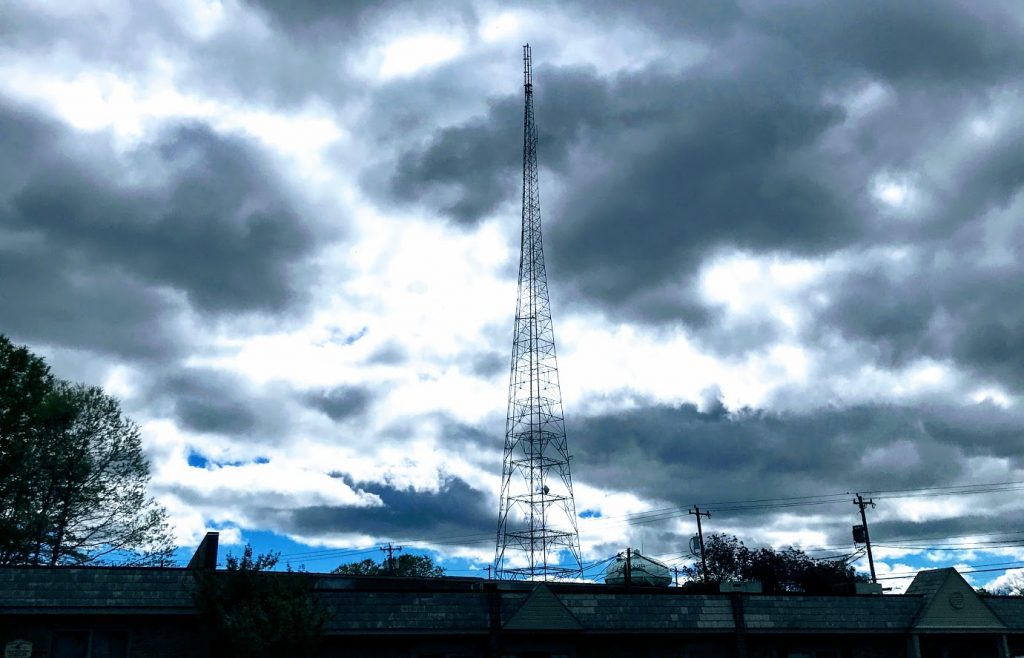 Radio Waves: Stories Making Waves in the World of Radio
Radio Waves: Stories Making Waves in the World of Radio
Because I keep my ear to the waves, as well as receive many tips from others who do the same, I find myself privy to radio-related stories that might interest SWLing Post readers. To that end: Welcome to the SWLing Post’s Radio Waves, a collection of links to interesting stories making waves in the world of radio. Enjoy!
Many thanks to SWLing Post contributors Troy Riedel, Dennis Dura, and Dan Robinson for the following tips:
Ernest Eugene “Gene” Pell 1937-2020 (Radio Free Europe)
As noted in this obituary published by his hometown newspaper, The Paducah Sun, Ernest Eugene “Gene” Pell, 83, died quietly on April 7, 2020, at his home near Syria, after a 3-year battle with cancer. Pell served as President and Chief Executive Officer of Radio Free Europe/Radio Liberty (RFE/RL) from 1985-1993, leading the Radios during the peaceful revolutions that occurred in Eastern Europe and the Soviet Union from 1989-1992.
In Tribute to Gene Pell
In 1989, we who were privileged to serve in the management of RFE/RL as Gene Pell’s colleagues watched the awesome professionalism of RFE/RL’s broadcasters as peaceful revolution swept from the Baltics to the Balkans, and the Radios helped each country share with others the power – even the slogans – of peaceful protest, and the wisdom of restraint by police and armed forces.
Romania was a tragic exception. Ceaucescu’s regime was doomed by RFE’s broadcast of a recording of the shooting of civilians protesting in Timisoara. As Ceaucescu fled Bucharest, and violence by unknown combatants erupted, Gene ordered a million watts of shortwave power from our transmitter stations across Europe diverted to the Romanian service. Before long, Romanian army commanders seeking to restore calm established phone contact with the service in Munich.
In the immediate aftermath of the liberation of Eastern Europe, and the 1991 collapse of the Soviet Union, Gene saw the need and found the resources to open bureaus across the region and begin on-the-ground reporting by talented local journalists – and local rebroadcasting of RFE/RL programming.
And he persuaded the U.S. government to allow RFE/RL for the first time to broadcast to the former Yugoslavia, during the Bosnian War, with a new, multi-ethnic service led by Nenad Pejic*.
On Gene’s watch, Lennart Meri, Foreign Minister of a newly free Estonia, nominated RFE/RL for the Nobel Peace Prize.
Gene’s leadership was crucial as another struggle soon ensued, this time in Washington, as efforts arose to save the federal government money by shrinking or closing the Radios, on the premise that if Europe was free, why did we need Radio Free Europe (and Liberty)? Support from new democratic leaders across the region, notably from Lech Walesa and Vaclav Havel, helped convince a Presidential Commission addressing this question that the Radios’ mission should not end but evolve, as it has.
The views of these freedom leaders were decisive in keeping RFE/RL on the air and positioned to win the enormous multi-media audience it enjoys today. Gene Pell’s vision is alive for future generations.
Two of my closest colleagues, Ross Johnson and Kevin Klose, join me, as I am sure many others would, in saluting Gene for his contribution to a freer world.
— Robert Gillette […]
A Dangerous Demonstration of the Power of Radio (Hackaday)
Terrestrial radio may be a dying medium, but there are still plenty of listeners out there. What would a commute to or from work be without a check of “Traffic on the Eights” to see if you need to alter your route, or an update of the scores from yesterday’s games? Getting that signal out to as many listeners as possible takes a lot of power, and this dangerous yet fascinating demo shows just how much power there is on some radio towers.[…]
White House Criticism of VOA, Unprecedented in its 78 year History (Public Diplomacy Council)
The Voice of America is the nation’s largest publicly-funded international broadcaster, reaching 280,000,000 multimedia users in 47 languages each week, many of whom access it daily for honest, balanced and accurate world news.
To most senior VOA officials, past and present, including this writer, an unsigned White House blog on April 9, 1600 Daily, omitted or misstated vital information about the scale and original date of the coronavirus outbreak in mainland China. That blog asserts in a bold headline: “Voice of America spends your money to speak for authoritarian regimes.”
But that attack was just the beginning.
President Trump went even further at his daily news briefing on April 15, largely devoted to the coronavirus. “If you heard what’s coming out of the Voice of America, it’s disgusting”. The President then assailed Congress for failing to take up his nomination of conservative Michael Pack as chief executive of all five U.S. funded multimedia organizations, the U.S.Agency for Global Media, until recently known as the U.S. Broadcasting Board of Governors.
The USAGM is the oversight body of five overseas multimedia U.S.-funded networks: VOA, Radio Free Europe/Radio Liberty, Radio Free Asia, the Middle East Broadcasting Network in Arabic, and Radio/TV Marti in Spanish to Cuba. Research in approximately 100 countries indicates that collectively, the five networks reach 350,000,000 people abroad every week.[…]
Essex Ham Foundation Online Training breaks all records (Southgate ARC)
The Coronavirus outbreak and the RSGB’s introduction of online exams that can be taken at home have led to a surge in demand for free online amateur radio training courses such as that run by Essex Ham
Volunteers from Essex Ham run a completely free online training course for the UK amateur radio Foundation exam.
A record breaking 260 people enrolled on the course that started April 5 with a further 164 waiting to start the next course.
In response to the demand Essex Ham are running an additional course, open to anyone in the UK, starting on April 19.
You can find out more about online training and register to join a course at
https://www.essexham.co.uk/train/foundation-online/Essex Ham
https://www.essexham.co.uk/
https://twitter.com/EssexHam
Do you enjoy the SWLing Post?
Please consider supporting us via Patreon or our Coffee Fund!
Your support makes articles like this one possible. Thank you!


